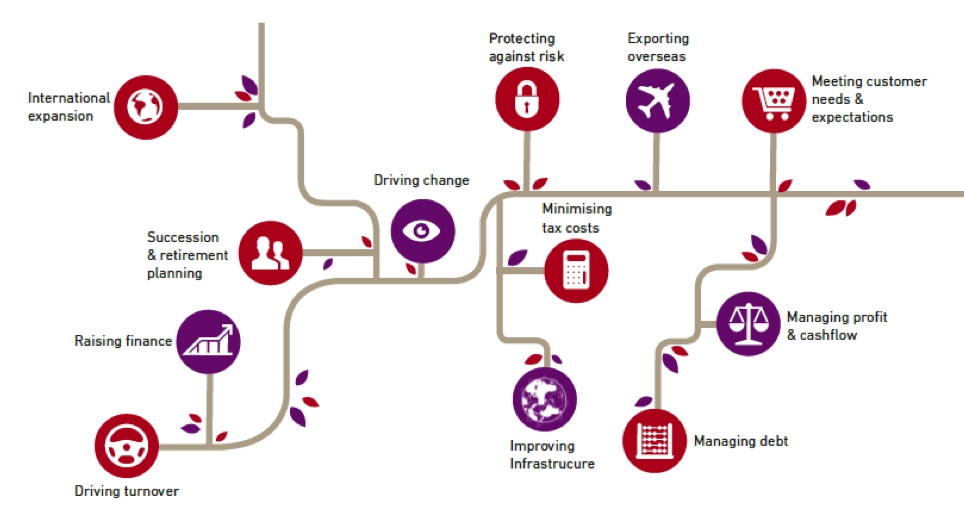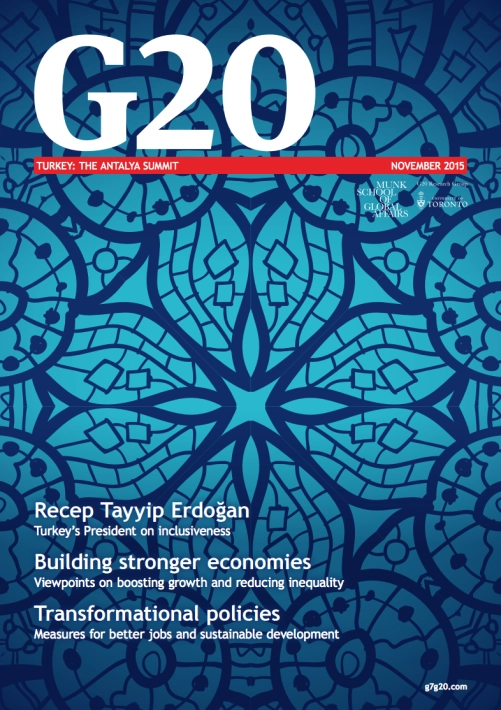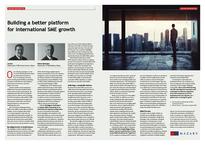
G20 Turkey summit. Our contribution to International SMEs
The B20 is a forum through which the private sector produces policy recommendations for the annual meeting of the G20 leaders. The B20 brings together business leaders from across G20 member countries to reflect the key role of the private sector as the main driver of strong, sustainable and balanced growth.
Below is an extract of our opinion piece published in the Turkey G20 publication and divided into 2 parts: 1. Challenging the barriers to inclusiveness and 2. Achieving a sustainable balance
Context
One of the key messages to come out of the 2008 financial recession was the need for business to focus on long-term economic growth and financial stability by adopting a business model that not only enhances performance, but one that has a positive impact on society.
Small to medium-sized enterprises (SMEs) have been particularly hard hit by the weak economic environment. Yet employing more than 65% of the global private sector workforce and accounting for 52% of total gross value added, SMEs merit an increased level of support by government, trade bodies, and trusted financial advisors on the particular challenges they face.
One of the main challenges facing SMEs is the ability to participate in global markets. Access to global value chains is a crucial component of growth, yet many SMEs find themselves excluded. In particular, lending restrictions following the financial recession has meant SMEs have seen access to finance curtailed, which has in turn acted to put up barriers to entry.
Global lessons
Certainly more in-depth analysis on the SME sector will help towards the formulation and adoption of high level principles such as on beneficial ownership transparency. Transparency around ownership and control of companies is a key issue in the battle against corruption, money laundering and tax evasion. Getting a consistent cross-border approach to beneficial ownership transparency whereby there is agreement on benchmarking and compliance standards will help simplify and reduce the burden experienced by businesses, particularly SMEs.
Governments, trade bodies and professional firms such as Mazars now have an important role to play in raising awareness of the strategic challenges facing SME. Key to this will be the will and expertise to promote and participate in effective regulation, trust and transparency so that businesses have the capacity on a global scale to change for good.
Please find below a copy of the B20 recommendations, the G20 Turkey publication
Read also the full Mazars contribution here




